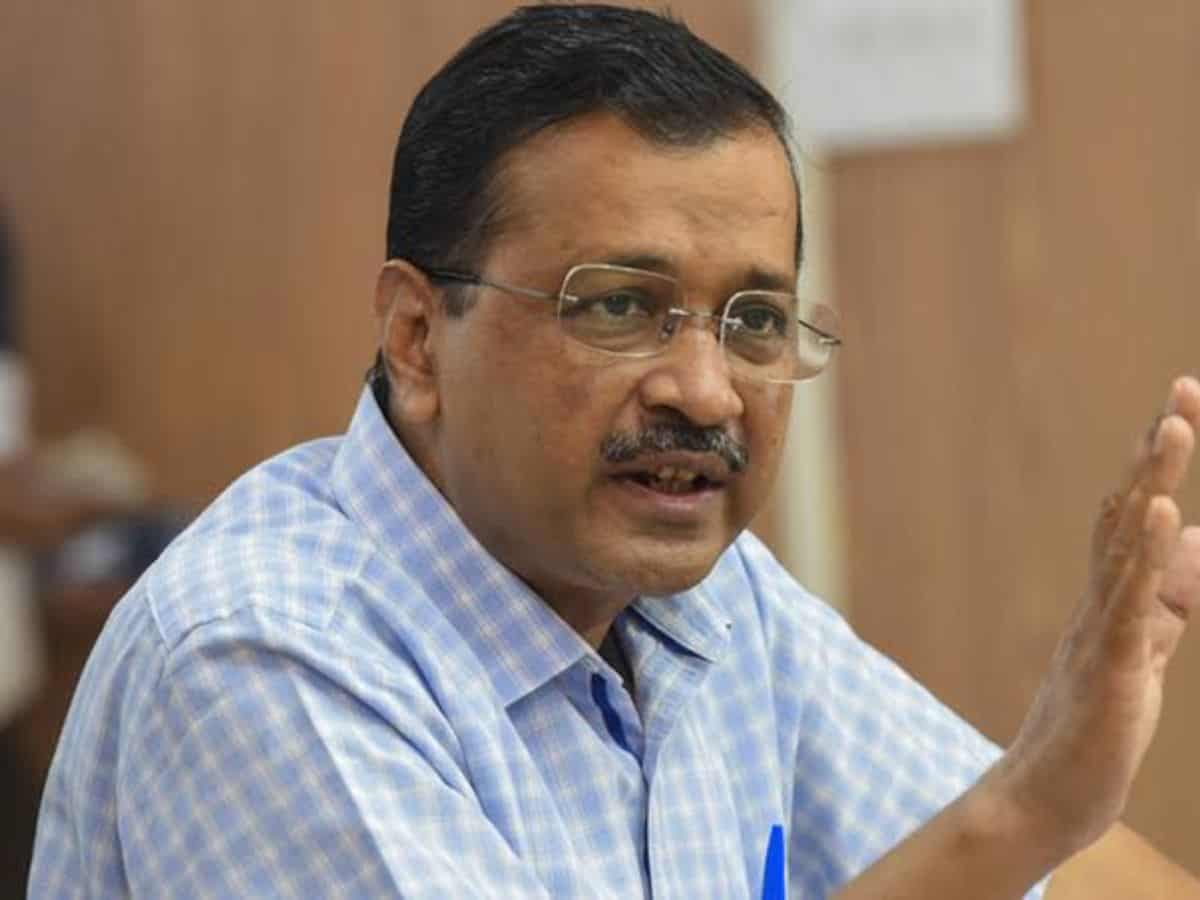
New Delhi: The Supreme Court on Tuesday asked the Enforcement Directorate (ED) to explain the timing of the arrest of Delhi Chief Minister Arvind Kejriwal after the Model Code of Conduct for the Lok Sabha polls came into force.
Observing that liberty is exceedingly important, a bench, headed by Justice Sanjiv Khanna, asked Additional Solicitor General S.V. Raju, representing the ED, to get prepared on the questions raised around the timing of arrest on the next date of listing.
The Bench, also comprising Justice Dipankar Datta, was hearing the plea filed by CM Kejriwal challenging his arrest and subsequent custody by the Enforcement Directorate (ED) in the excise policy case.
It also asked ASG Raju to explain the gap between the date of arrest and the initiation of the investigation.
Further, it queried the ED regarding Kejriwal’s role, particularly when no attachment proceedings have been taken against him by the federal anti-money laundering agency so far.
The matter will be taken up for further hearing on May 3.
On Monday, the top court had queried Kejriwal as to why he did not move a bail application before the trial court.
In response, senior advocate Abhishek Manu Singhvi, appearing for Kejriwal, said: “We have not filed a bail application because the arrest is ‘illegal’ and the width of Section 19 (of Prevention of Money Laundering Act) is much much wider when the arrest is per se illegal”.
The ED is required to demonstrate the “necessity to arrest” on the “materials available” with a “reason to believe” that the accused has been guilty of an offence under the anti-money laundering law, he said, arguing that documents, including CBI’s FIR and ED’s ECIR, did not connect Kejriwal remotely with the alleged scam.
